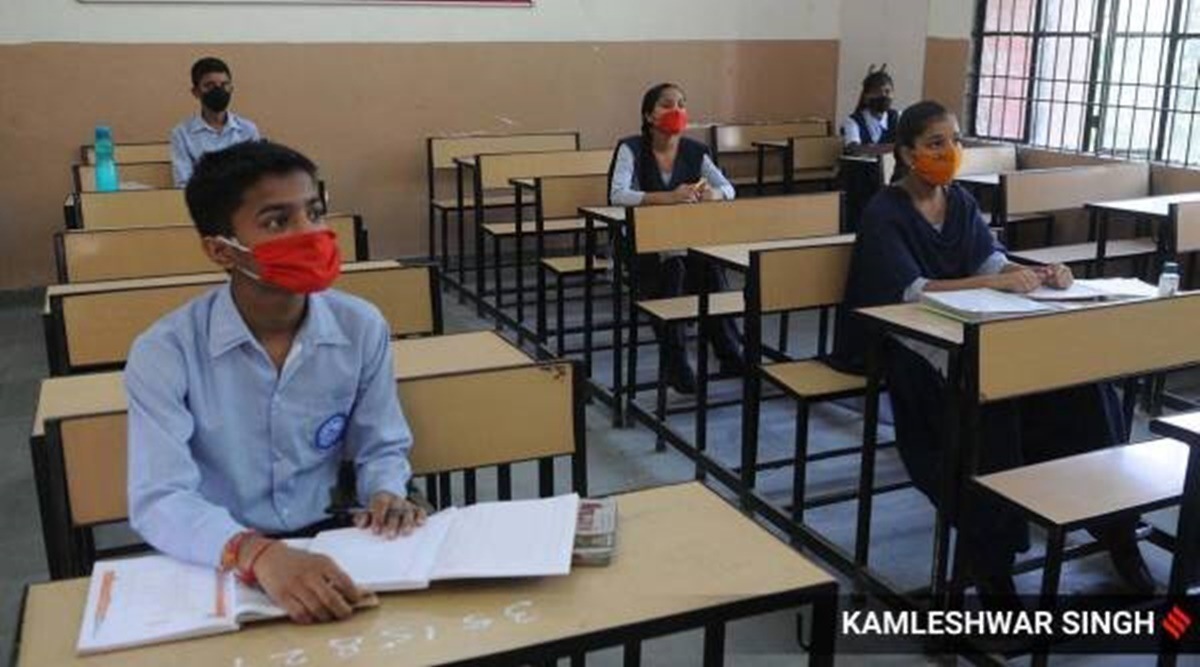 The curriculum has been designed for students of nursery to class VIII and is supposed to be implemented through a ‘Participatory Method of Learning’ | Representational image
The curriculum has been designed for students of nursery to class VIII and is supposed to be implemented through a ‘Participatory Method of Learning’ | Representational image Classroom discussions prompted by questions from teachers and not “preaching” – this is the crux of the Delhi government’s ‘Deshbhakti curriculum’, which is set to be rolled out next month. On Sunday, Chief Minister Arvind Kejriwal announced that the curriculum will be rolled out in all government schools on September 27 to mark the birth anniversary of Bhagat Singh.
The curriculum has been designed for students of nursery to class VIII and is supposed to be implemented through a ‘Participatory Method of Learning’. There are no textbooks for students, but teachers will get handbooks.
According to the Curriculum Framework, each session will begin with a question or prompt to engage students and set the ground to explore the topic at hand.
According to Sharda Kumari, co-chairperson of the curriculum committee, these questions were framed based on discussions with students and the way they are posed will depend on the backgrounds of the students in a particular class.
“When we first started working on the curriculum, we spoke to students in an unstructured way. We went to their schools and asked them what ‘Deshbhakti’ meant to them. We thought most of the responses would be things like saluting the flag or singing patriotic songs. But to our surprise, they were connecting patriotism to civic duty. Someone said doing homework on time, someone else said watering the plants in their school, someone else said not throwing garbage in drains, someone said asking people to wear helmets while driving a two-wheeler. We got lots of ideas from them and used these to frame the questions… But these will be asked differently in different classrooms keeping in mind the ‘mental level’ and the social and cultural background of the students in a class, since the aim is to pose the children with relatable real-life situations. In some schools, most students are from agrarian families, in some they live in resettlement colonies, in some they live in slums. It’s for the teachers to judge and assess what will work best,” she said.
An example of a question to be posed to class I students for discussion is to present them with a hypothetical situation that they will be going to an event the next day and ask them what they need to keep in mind so that people coming after them do not think badly of them. The aim will be to nudge them towards discussing hygiene and how to treat public places. A question for class VI students, who are usually taken to monuments for picnics, is to ask them what they think may be the purpose of conserving historical monuments.
“There isn’t supposed to be preaching, it does not solve problems. When we were in school, we were never asked to reflect on how and why… These sessions will need to be conducted with a lot of sensitivity by teachers, which is why during the training for this programme, there is an emphasis on teachers addressing their own biases and prejudices, even if it takes 2-3 extra days,” said Kumari.
However, the framework and methodology of the curriculum has been designed for face-to-face interactions between teachers and students. Schools across the city remain closed, and only students from classes X to XII are allowed to visit schools to address limited issues while this programme has been prepared for younger children at this stage.
The government is currently in the process of planning school reopening.
- The Indian Express website has been rated GREEN for its credibility and trustworthiness by Newsguard, a global service that rates news sources for their journalistic standards.

